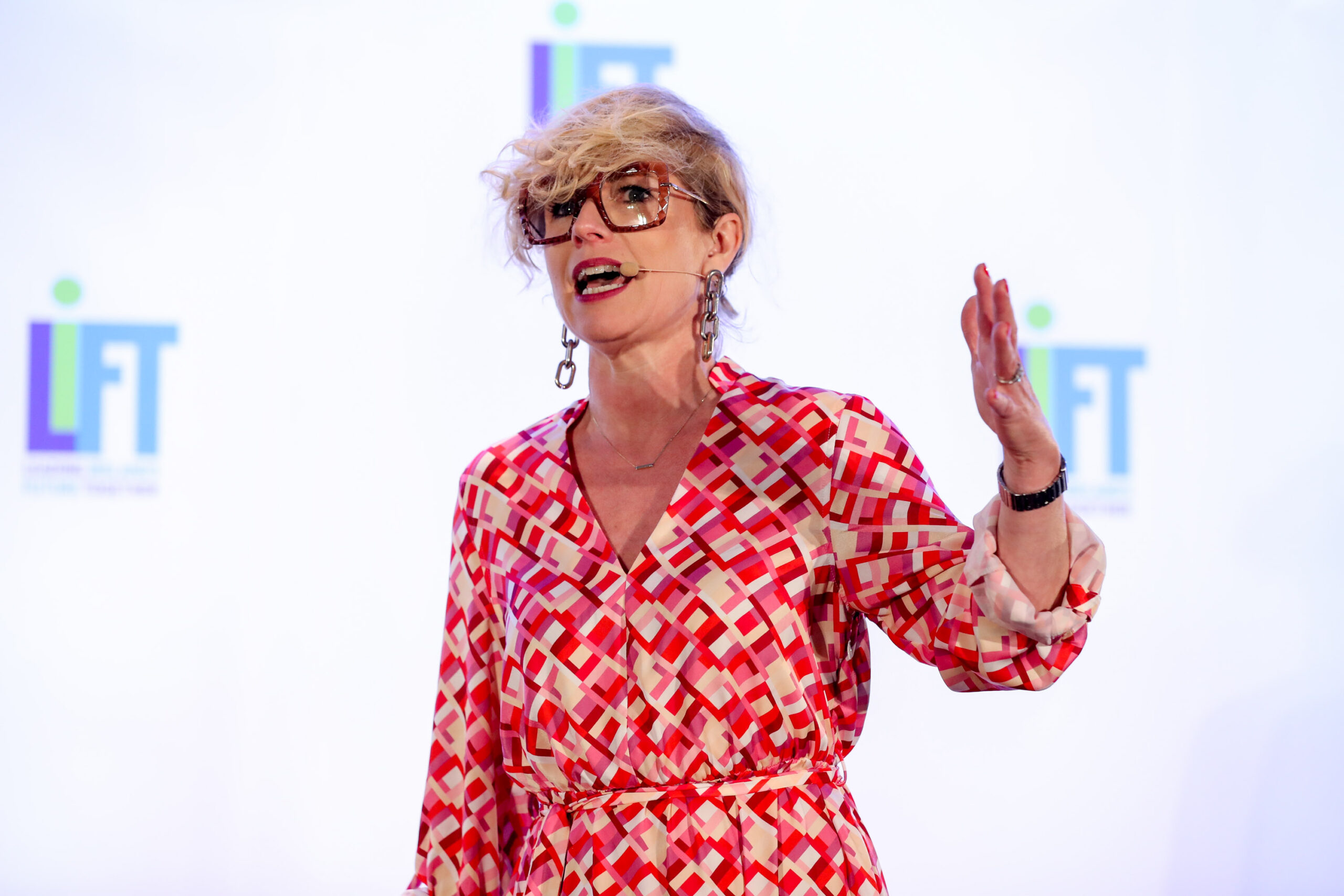‘Everybody belongs, and everybody has a responsibility to contribute. A commitment to the common good, an understanding that we’re all in this together.’
These words are from Tim Walz’s opening address following his appointment as Kamala Harris’s running mate. With a week left to the US elections, the world is holding its breath. This concept of collectivism seems so far removed from the individualistic headwind of shouters in our mainstream and social media.
Beyond the egoic performative leaders, or maybe because of them, we have become obsessed with our capabilities, how we can win and how to protect ourselves from the advances of others to secure our victories. These words are synonymous with warcraft. In her excellent book Cassandra Speaks, Elisabeth Lesser cautions against using war language. She cites ‘battling cancer’ and ‘frontline workers’ as examples of how we weave war talk into our every day. Her lens is one of a world told through the male perspective, but regardless of gender, these words impact our philosophy for living,
When we look around, we can sense the rise of ego, and most of us experience some level of narcissism in our wider communities. Research into the rise of the egoic position is captured in research that charts the use of phrases such as “I am an important person”, which have increased in adolescents from 12% in 1963 to 77-80% in 1992. With such unshakable belief in one’s ability, the luxury of reflection, openness, curiosity, and growth are at risk. These individualistic and self-propelling modes have their cost.
The Worldwide Independent Network of Market Research (WIN) shows that globally, 79% of individuals experience stress to varying degrees of severity. People feeling most stressed daily are those working full time (82%) and students (83%). Modern stress correlates strongly with the fight, flight or freeze response. There may not be a tiger to escape from, but the systemic effects are the same. The modern battlefield of personal progression is stressful, particularly when we see that fight as a solo run.
I spend a lot of time speaking to audiences about building their confidence, but the important piece is self-esteem, a deeper, more foundational requirement that can be built from within. It’s based on values and true capacity rather than bluster and hype. Self-esteem also opens the door to questioning and frees us from the stifling curse of certainty.
In his book Ego is the Enemy, Ryan Holiday explores what lives on the other side of ego. It’s easy to be emotionally invested and infatuated with your own work. ‘Any and every narcissist can do that. What is rare is not raw talent, skill, or even confidence, but humility, diligence, and self-awareness’. Beyond ego is a world that is very much not about you.
If we could embrace collectivism and interdependence over individualism and independence as an antidote to everyday warfare, we could truly change how we position ourselves in the world. Tim Walz is a proud Minnesotan, a state with a strong Norwegian settlers’ heritage. No one would ever accuse the Vikings of being shrinking violets, but they managed to balance the individual drive with a special counterpoint.
‘Dugnad’ is baked into Norwegian society. Traditionally, it was a way of getting those big tasks done—roofing, house-building and haymaking. The reward was the collective insurance policy of knowing that if you had a big task, others would come to your aid, quid pro quo. Of course, the physical labour was followed by feasting, music and storytelling. (I’d do my bit to partake in that any day of the week.) Schemes like this have historically existed in agrarian societies all over the world. And this concept isn’t just sitting fallow in folklore; ‘Dugnad’ was voted word of the year in Norway in 2004. A modern Dugnad might be voluntary, community or charitable and exists in urban environments just as comfortably.
Almost five years ago, I joined forces with Joanne Hession and her brother David (our resident optimistic realist) to launch LIFT (Leading Ireland’s Future Together). The mission was to improve individuals’ personal leadership levels in Ireland and by Ireland. We asked the Irish people what leadership characteristics needed to be improved in Ireland, and they responded with traits like honesty and integrity, accountability, empathy and understanding, trust, and listening. A simple roundtable technique and materials were developed to allow anyone to reflect on their own leadership, evaluate and improve over time. These characteristics (with the possible exception of integrity) require other people, relationships and communication. This group activity builds a trusted circle where an individual becomes part of something and can reflect and share without judgment.
Over 120,000 people have been through the roundtable process. From secondary school students to CEOs, from non-profits in Uganda to citizens within our prison system, government departments and financial institutions have adopted LIFT as a philosophy of everyday leadership and a language for compassionate interaction. We aim to get 10% (that’s the tipping point, thank you, Malcolm) of the population to engage by 2028, and we’re on track.
Refection, openness, curiosity, kindness and community are the tools to reach for. With them, we build trust; with trust, we build psychological safety, and maybe we can learn to put the weapons back in the war chest.
To learn more about LIFT, contact info@liftireland.ie
